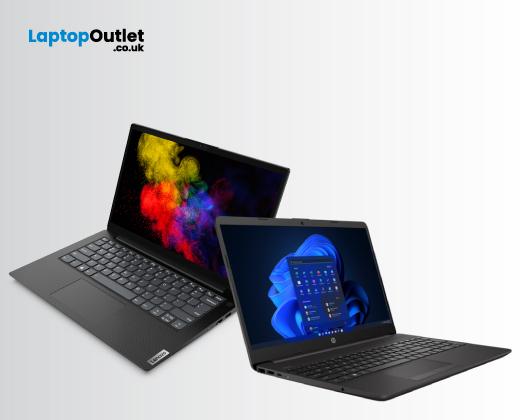Laptop for students is used for more than just completing the case studies and assignments. They are also used for watching movies, web surfing, playing games, and a variety of other activities. There are numerous laptops available, ranging from entry-level to high-end gaming laptops. As a student, the laptop we choose is also determined by the budget we have. Choosing a laptop is difficult when there are so many factors to consider. Hopefully, this quick guide will help to simplify things. Consider these things before buying a laptop.
Processor and RAM:
You don’t need a laptop with RAM of more than 4-8 GB. This is especially true if you’re only functioning solely on a single or a few projects at the same time, as individual Google Docs tabs won’t consume a lot of system resources.
Then we’ll go over the processor. If you’ve been looking for a laptop for a while, you’ve probably seen plenty of that an Intel Core i7 or Core i9 processor, along with a four-figure price tag.
You also don’t need one of those. Most students will find that an Intel Core i5 laptop is more than adequate for their needs.
Operating system:
Windows 10 is currently among the most popular operating systems. It comes pre-installed on almost every laptop nowadays. It is simple to use. You have the option of installing any software, from productivity to enjoyment to games.
Storage:
As a student, you’ll have a fair bit to store. Documents, presentations, movies, photos, music, and much more can be found. Most laptops now include hard drives with capacities ranging from 500 GB to 2TB or higher. A 500GB hard drive will suffice for all of the software you’ll need to install, but if you plan on installing games and storing movies, you’ll need something larger. Don’t worry if you’re on a tight budget and can only afford a 500GB drive. You can either buy a larger storage capacity external hard drive later on.
Screen size:
Anything larger than 15.6 inches will not fit comfortably (or at all) into a backpack. However, if it is shorter than 13.3 inches, it may be too small for comfort. Whatever size you choose, make a note of the machine’s weight. Anything weighing more than 4-5 pounds may be difficult to transport. So the minimum requirement will be 15 inches.
Battery:
A laptop’s battery is just as important as its processor and RAM. As a student, you may need to transport your laptop to and from college. You might not always have the opportunity to charge it at college. A high-capacity battery can last for hours. Looking at the rating is an easy way to determine the capacity of the laptop’s battery. A 3-cell, 6-cell, or 9-cell battery is typically labeled. This information is usually available at the retailer or on the manufacturer’s website.
Portability:
After you’ve decided on the hardware specifications, don’t forget about the design, size, weight, and display size. Search for a lightweight laptop if you will be carrying it to and from college on a daily basis. If you’re staying in a hostel and need a computer for work, a larger screen size may be preferable. It can also be used to watch movies, play games with friends, read notes, and create presentations. A larger screen size also means a wider, more ergonomic keyboard.
Best Student Laptops:
The student laptop recommendations are as follows:
Bottom line:
The first thing to think about while buying a laptop is the budget. How much money can you afford to spend on a laptop? Our student laptop buying guide is useful to anyone looking for a system that is capable, reasonable in price, and has a productivity boost. We’ve included several helpful buying tips to help you choose the best learning tool for your needs.
If you’re still undecided, take a look at our extensive selection of student laptop at the Laptop Outlet online store. You’ll undoubtedly find something for yourself.

